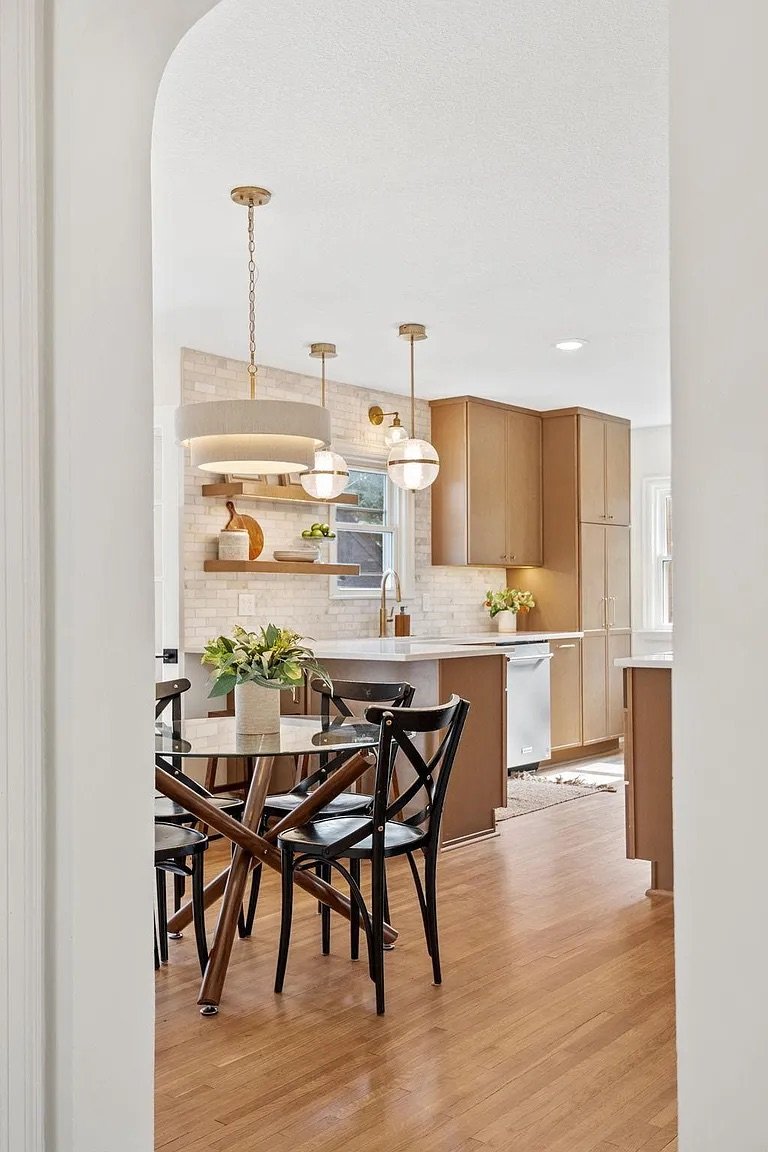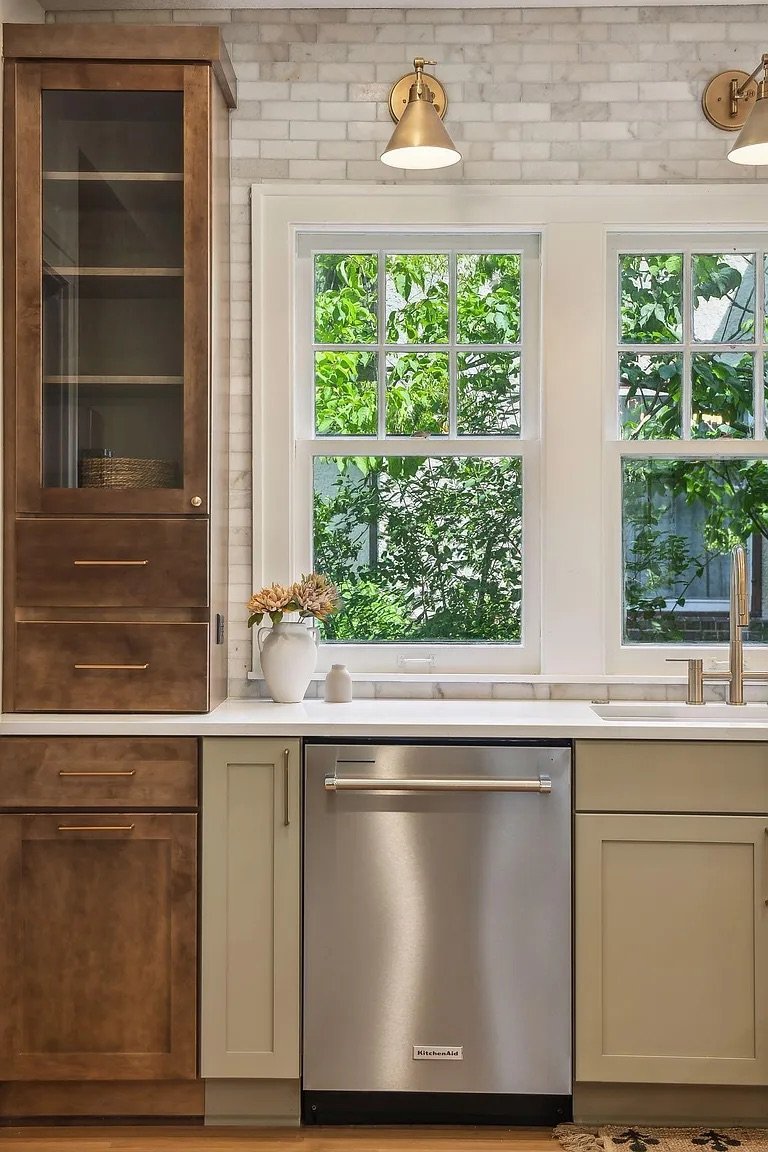What You Need to Know About Purchasing New Construction
BUILDER INCENTIVES
In today's market, it is very common to see some builders offering incentives to help move their inventory at a faster pace! Those incentives can look like a discounted package or the builder offering to buy down your interest rate to reduce your monthly mortgage payment.
Here are just a couple of examples of incentives available to buyers who are considering purchasing a new build home in the Twin Cities:
M/I Homes
+ Up to $10,000 buyer credit in closing costs
+ Below market interest rates available
David Weekley Homes
+ Limited-time mortgage financing at a 5.99%
Robert Thomas Homes
+ 30-year fixed mortgage with a 5.875% interest rate
THE BOTTOM LINE
All of these amazing incentives leave a huge opportunity for you as a buyer to have an agent negotiating on YOUR behalf! For anyone looking to make a move next year, new builds typically take 7-12 months to build to completion, so now is a great time to start a conversation. If you have any questions on building or any other real estate questions- I’d love to connect and see how I can help!
NEW CONSTRUCTION FINANCING
Penned by Allison Larson, founder of Novus Home Mortgage.
It’s always fun to dream about the perfect home made just for you. You might be asking - how does it all work, and what does the financing look like to make that dream a reality?
First, you will want to explore your options to see what you are qualified for when it comes to purchase price. Additionally, different builders will require different types of financing. This is an important piece of the puzzel because if there are only certain types of financing that will work for you and your budget, you will want to narrow in on a builder who allows for that type of financing (ie lender financed, builder financed, percent down payment, etc.).
The size of the builder will usually be the deciding factor - some builders will finance the construction process themselves and the consumer just does one big loan at the time of close; while other builders will require the client carry the construction financing all the way through from when you start building the home until it is completed.
If you are working with a builder and going to carry the construction financing this typically requires 10% down up-front before closing on the lot and the build package. Throughout the construction process you will make interest only payments on the balance of the loan. The balance of the loan will only be what has been drawn by the builder so far – For example: if the initial draw from the builder is used to purchase the lot and lumber, your first payment could only be a few hundred dollars and then will go up from there as the build process continues.
At the end of the construction process you will then convert your construction loan into whatever permanent financing option you choose. Whether that is a 30 year fixed with 20%+ down or an ARM and you keep it at 10% down; totally up to you! You can also lock the interest rate on your loan for up to a year to protect yourself from fluctuations in the market during the new construction process.
THE BOTTOM LINE
Building your dream home is a fun and exciting time, and definitely something you want to plan ahead for + understand thoroughly. If I can be a resource in anyway, please do not hesitate to reach out!
ALLISON LARSON LOANS OF NOVUS HOME MORTGAGE
Allison’s social character is what drives her to build such a strong foundation with her clients from day one. She believes fostering current relationships, while continuously extending a hand to new affiliations is what keeps her professional life successful and exciting. By creating an environment where people feel comfortable asking questions and expressing their housing goals, she’s able to cater her methods to each unique individual.
Allison leads the Novus Home Mortgage team of local mortgage experts, and is always open to connect and provide advice Follow along with @mplsmademortgage on Instagram, or at allisonlarsonloans.com.












If you own a home (or are thinking about buying one) near Minneapolis-St. Paul International Airport (MSP), there’s one name you should know: the Metropolitan Airports Commission (MAC).